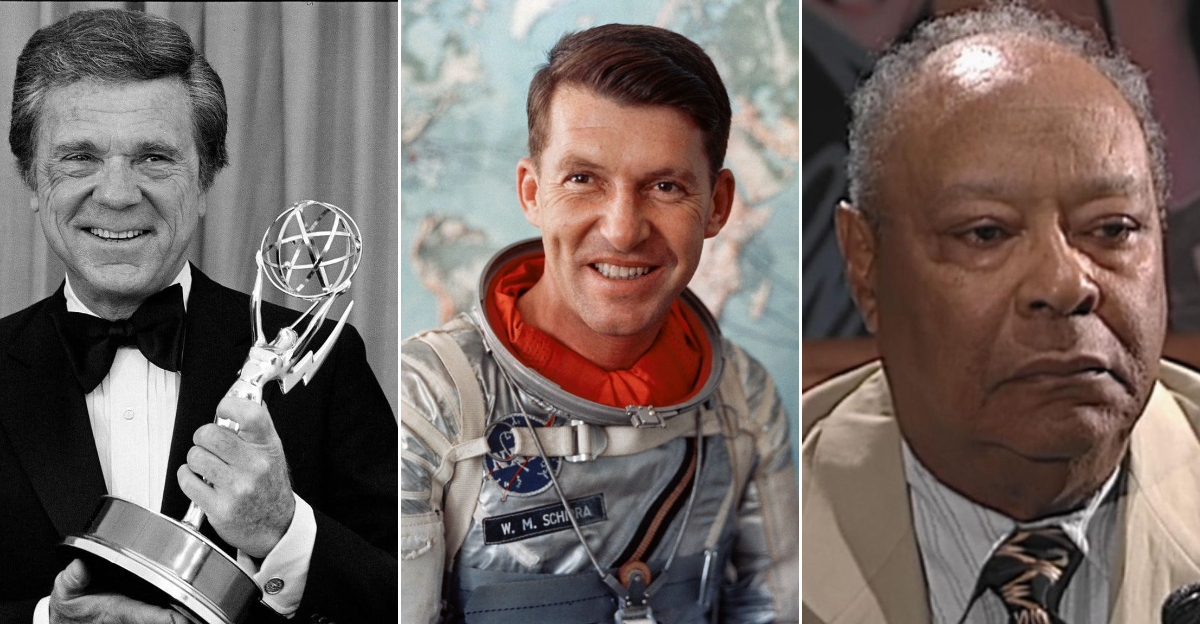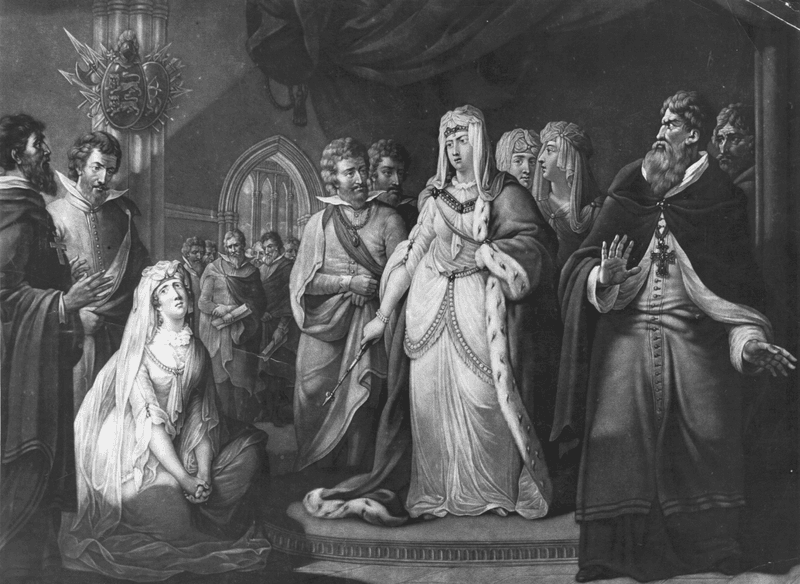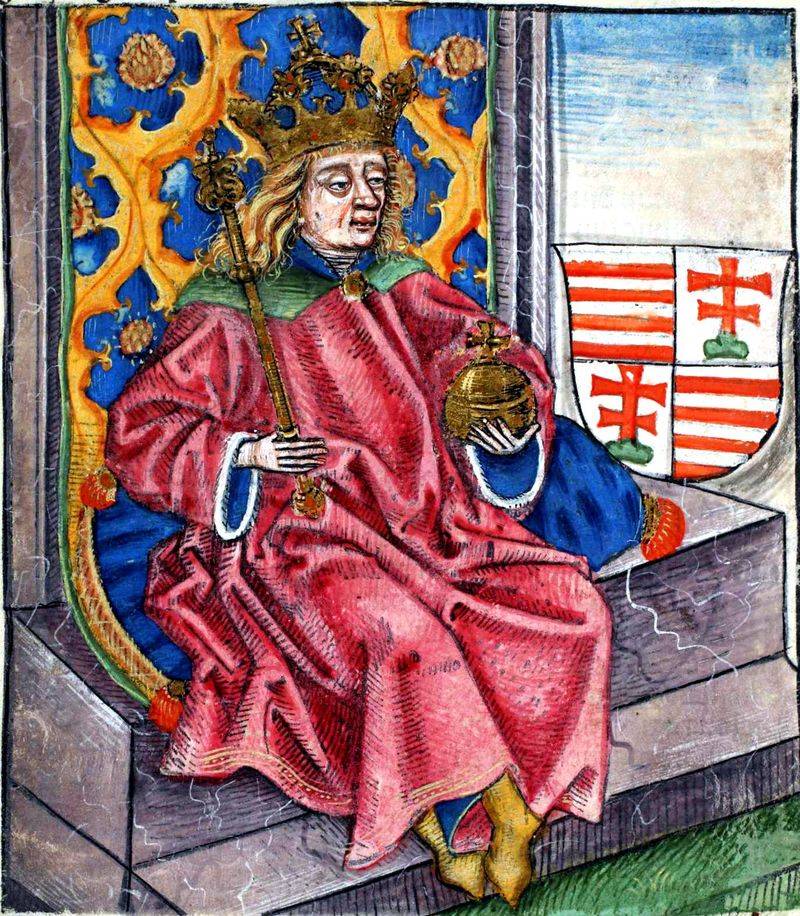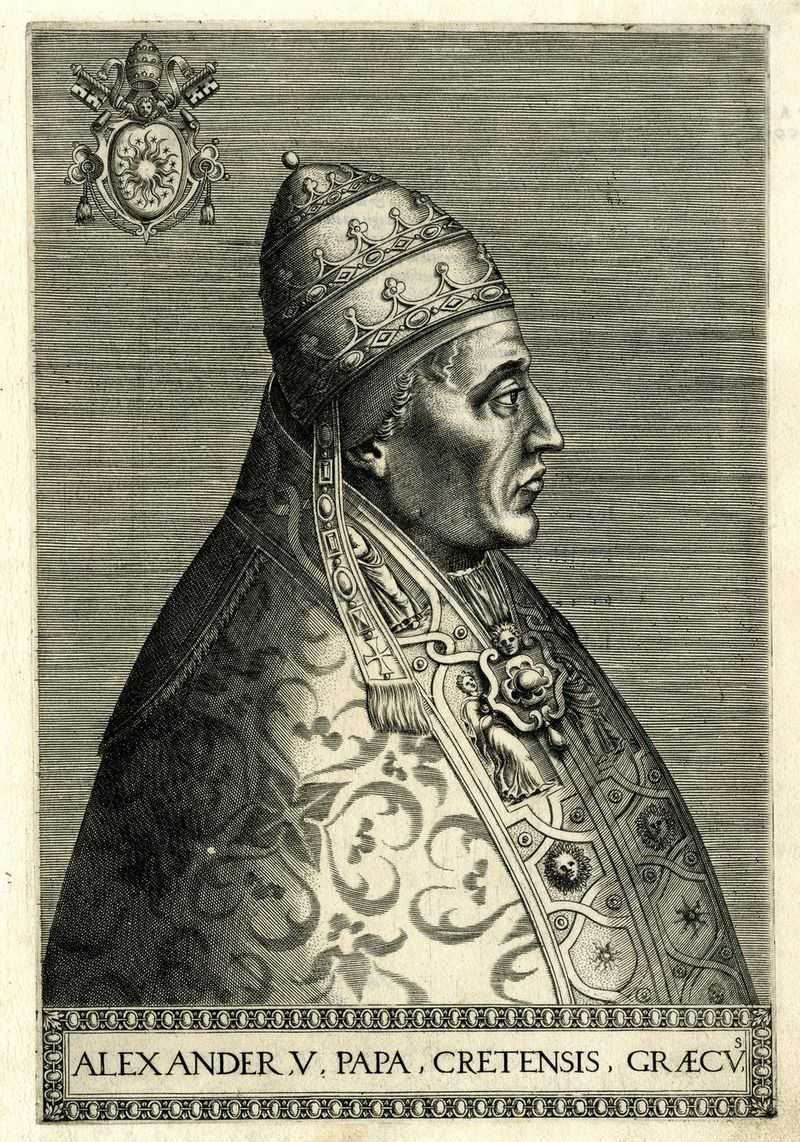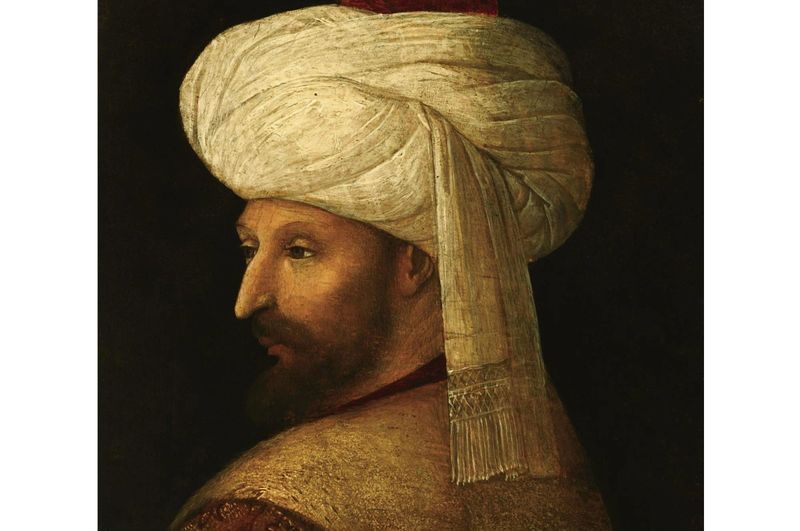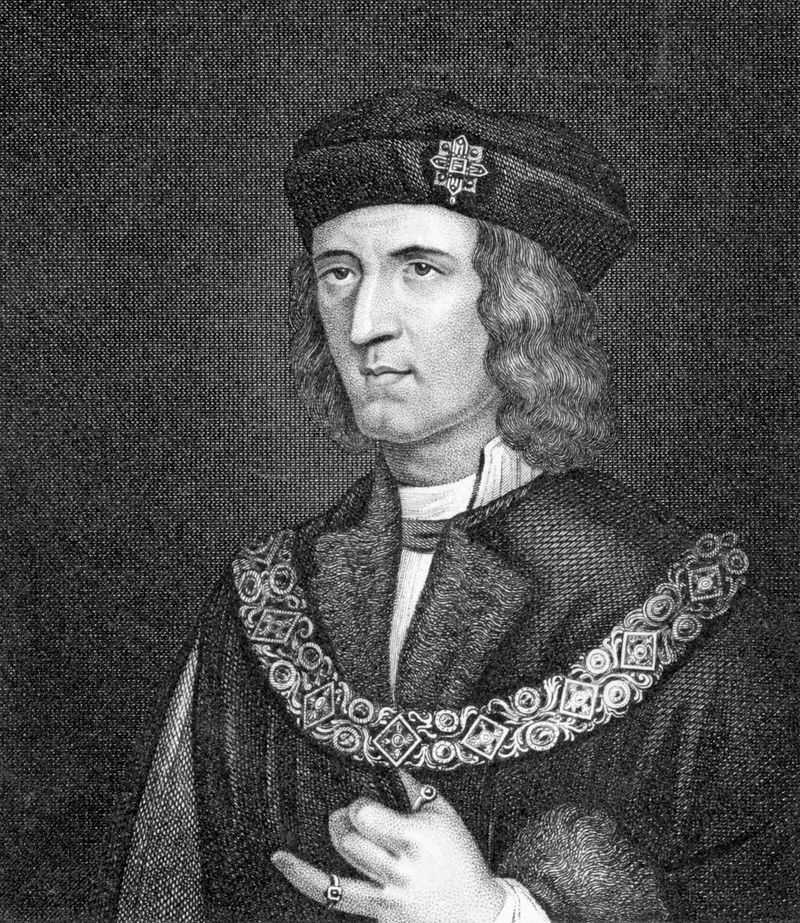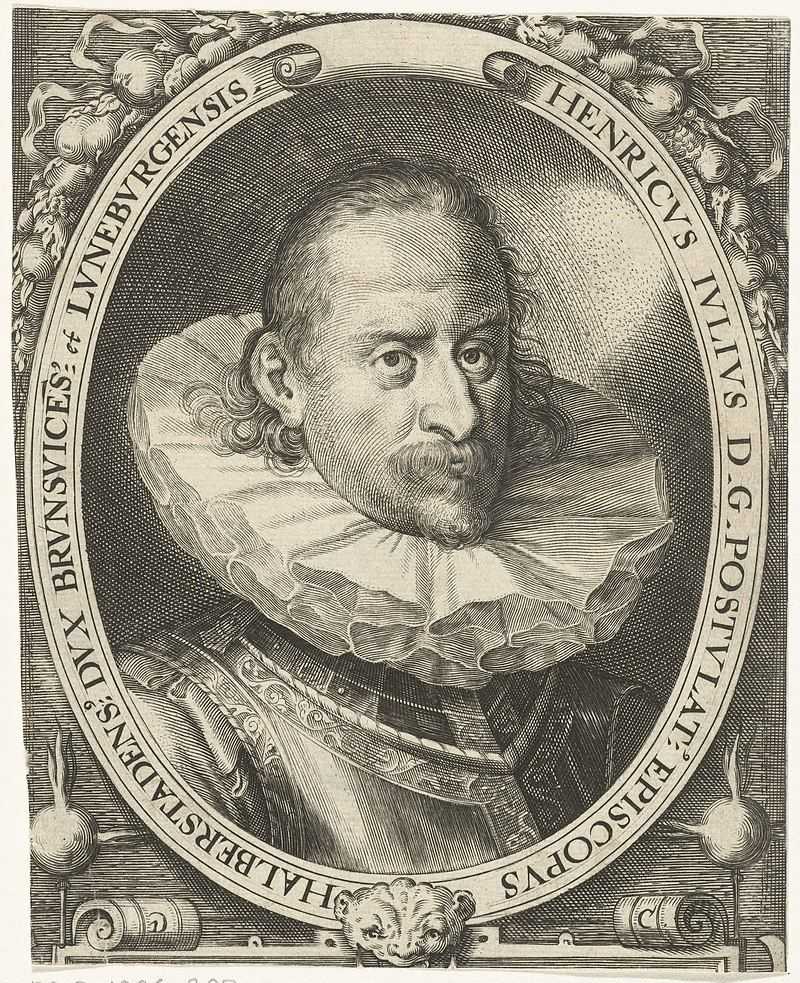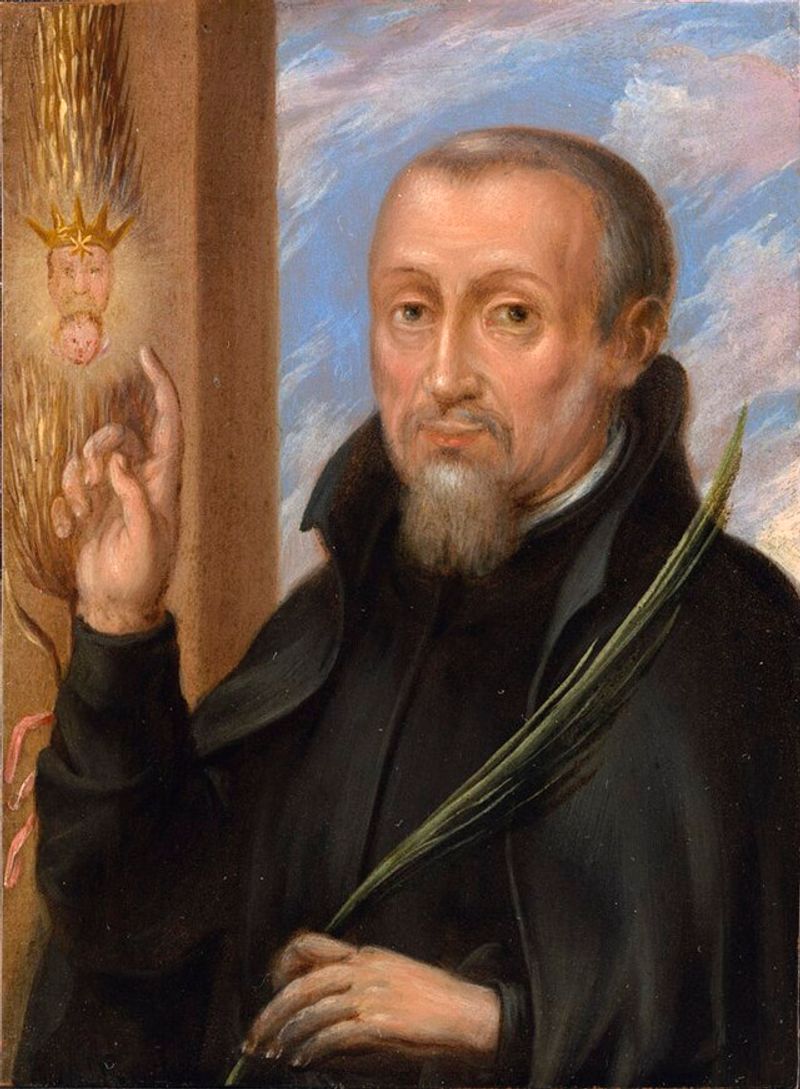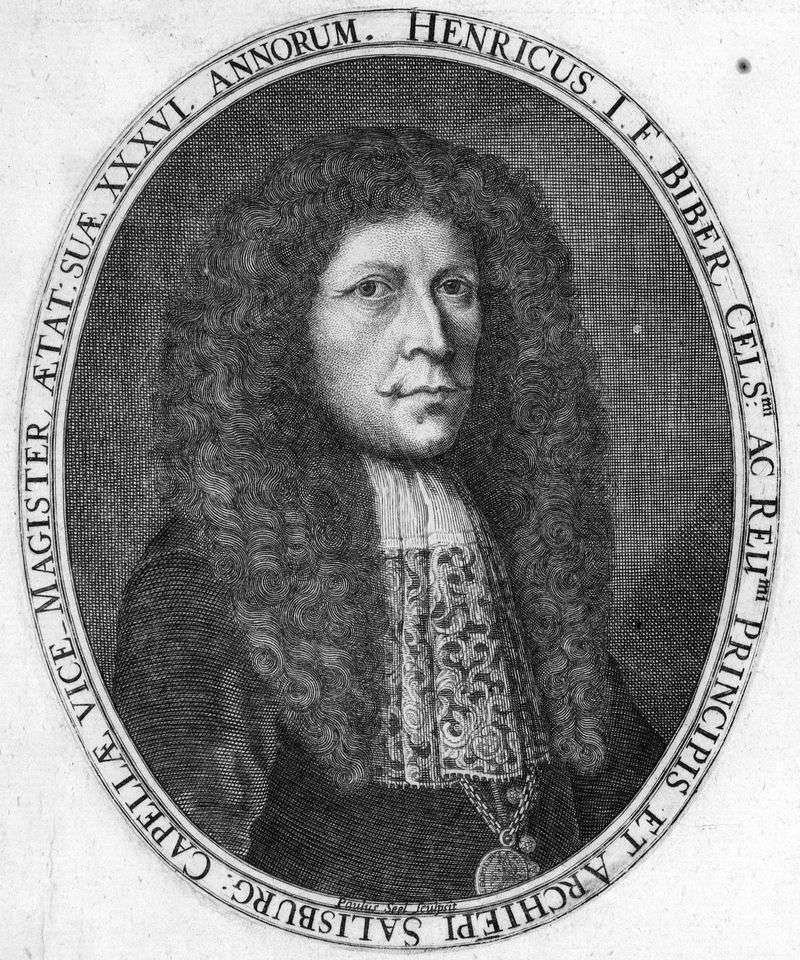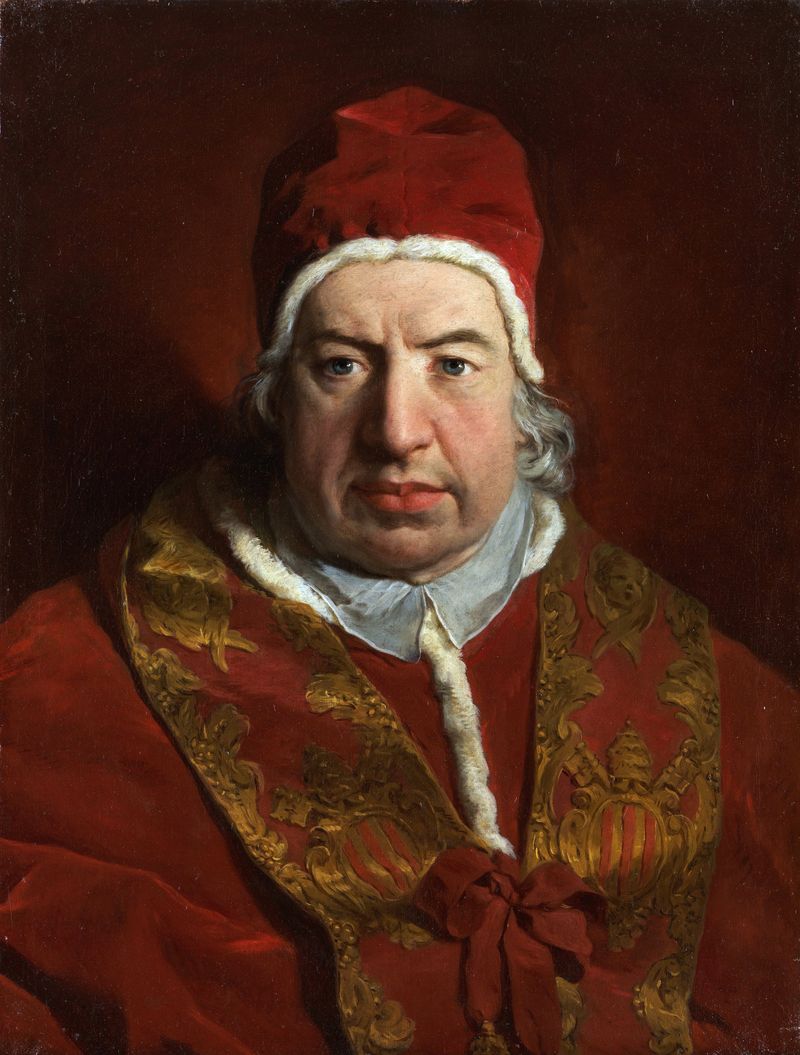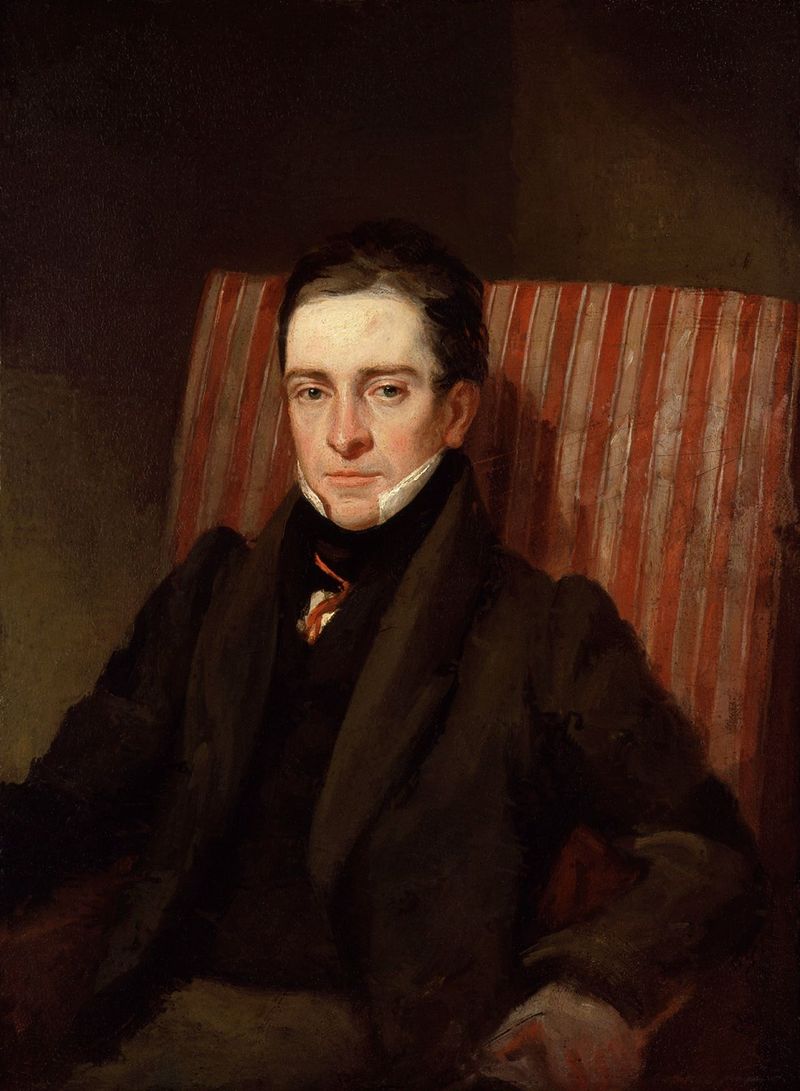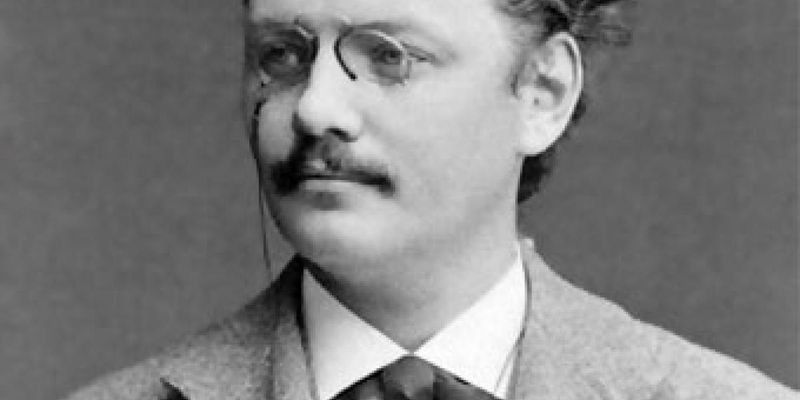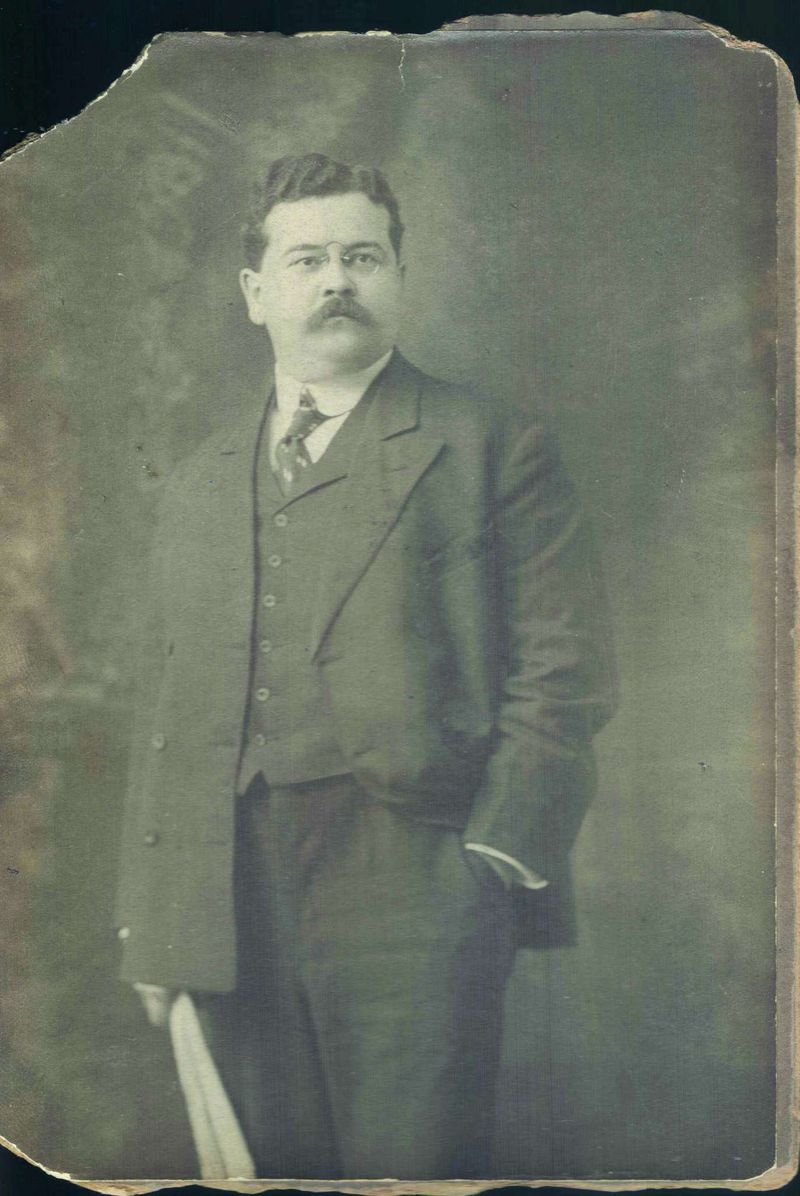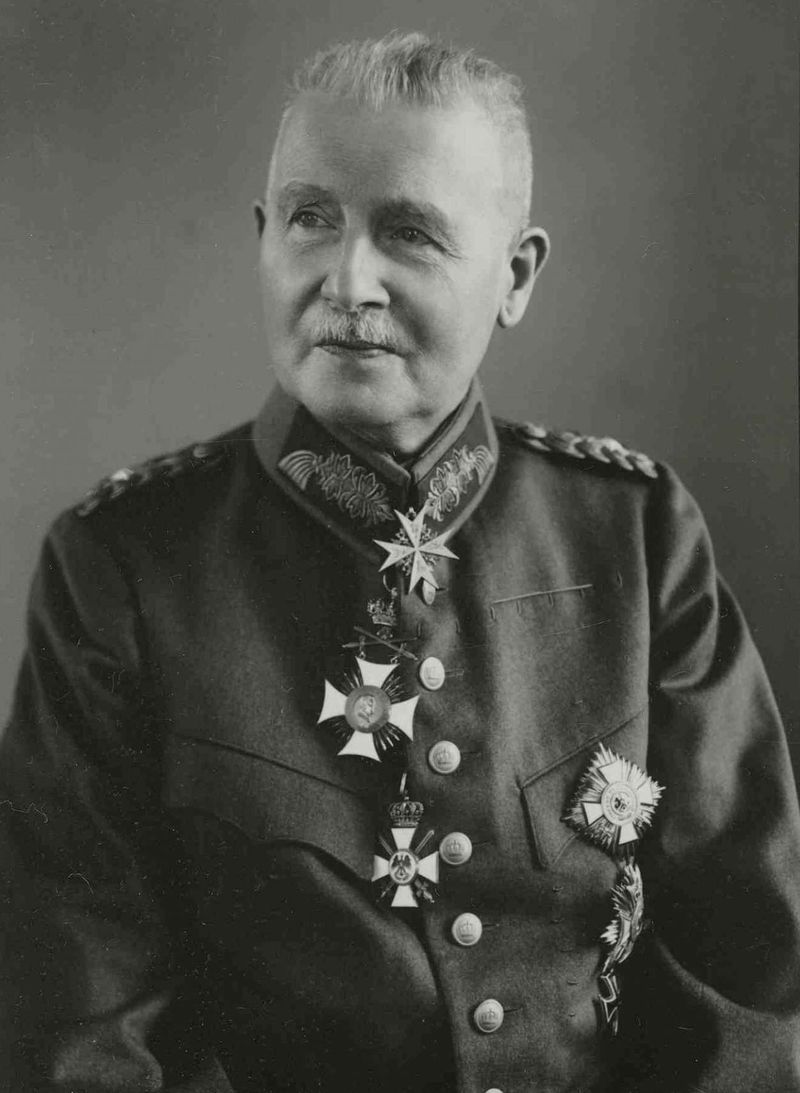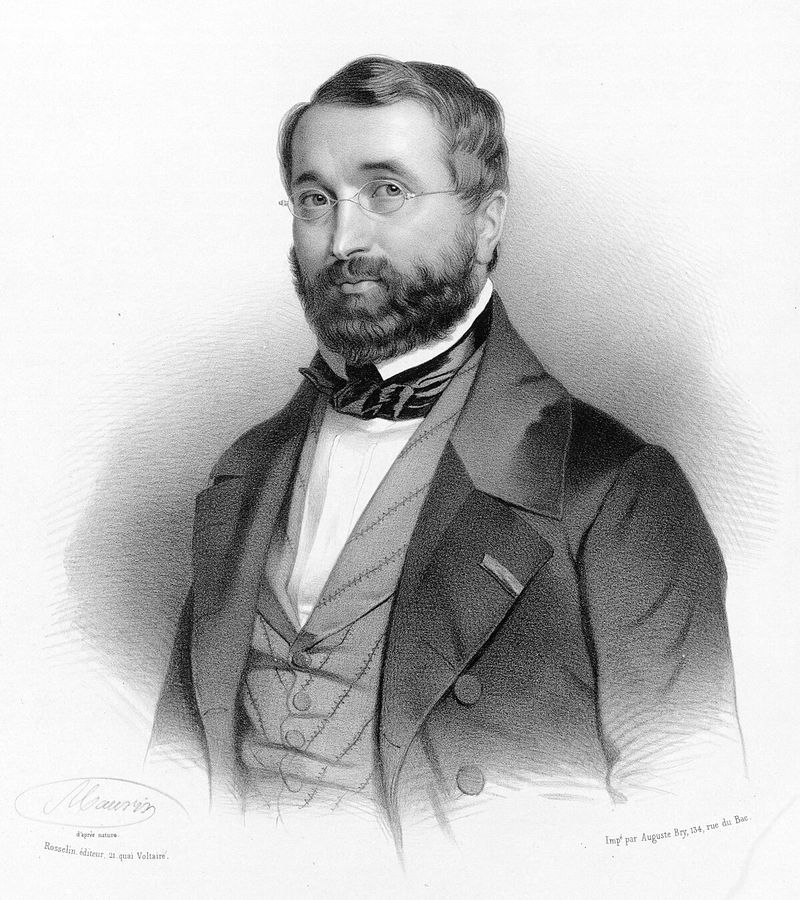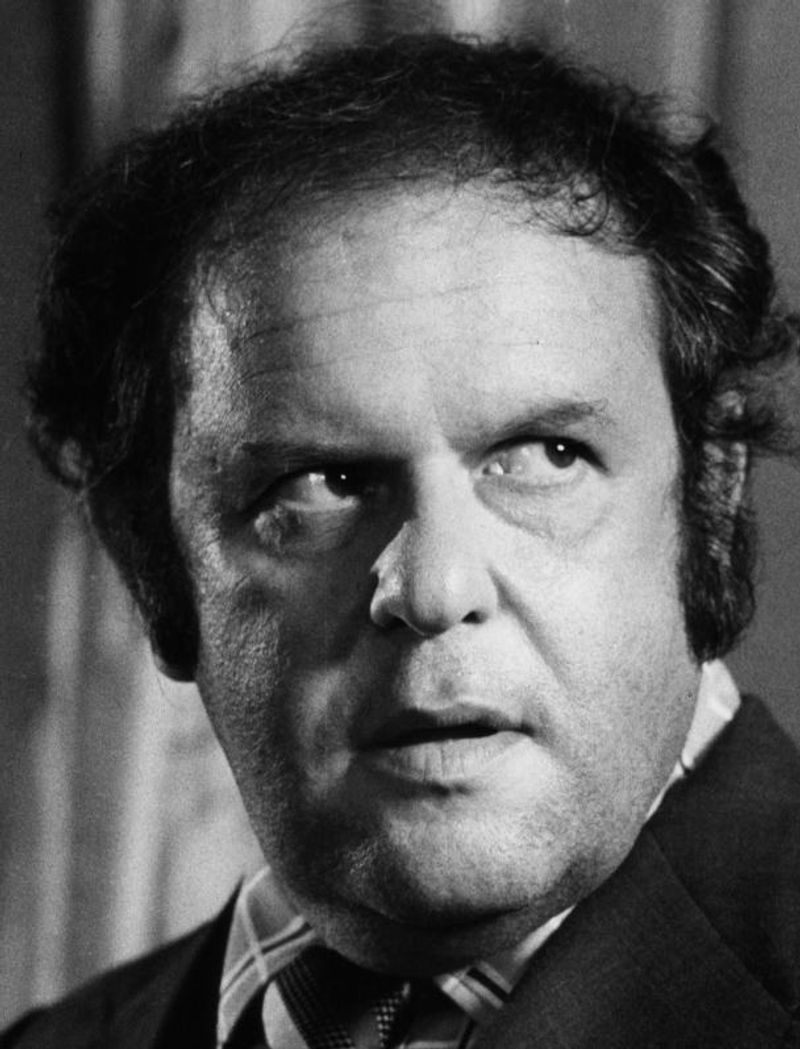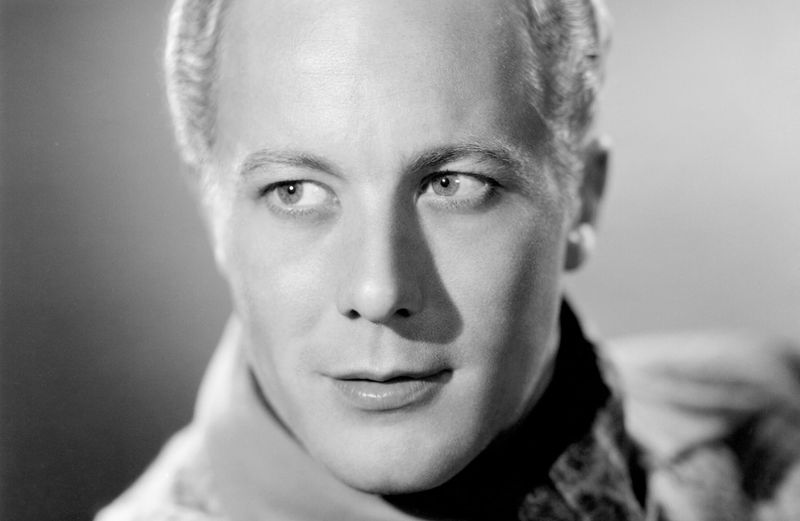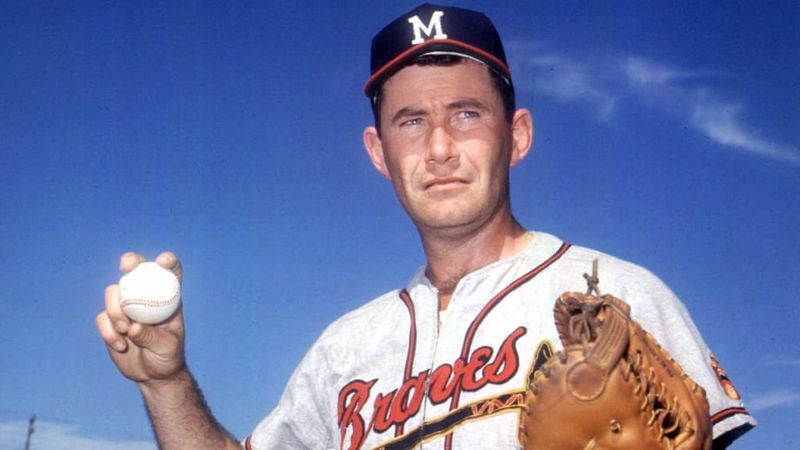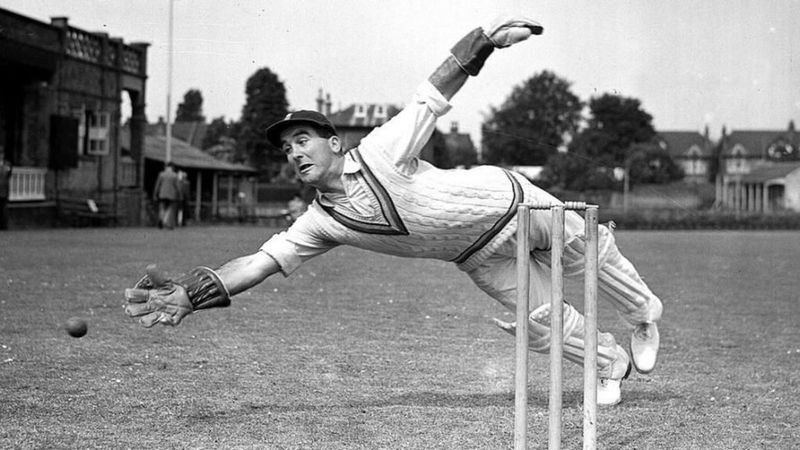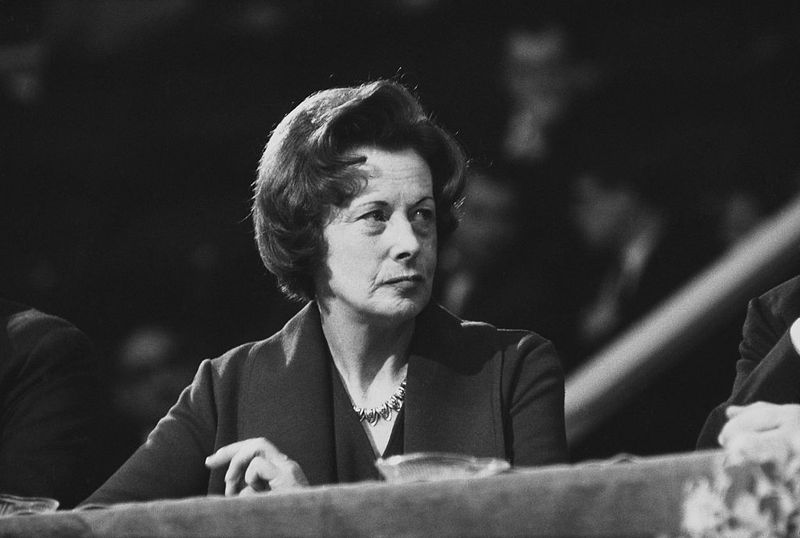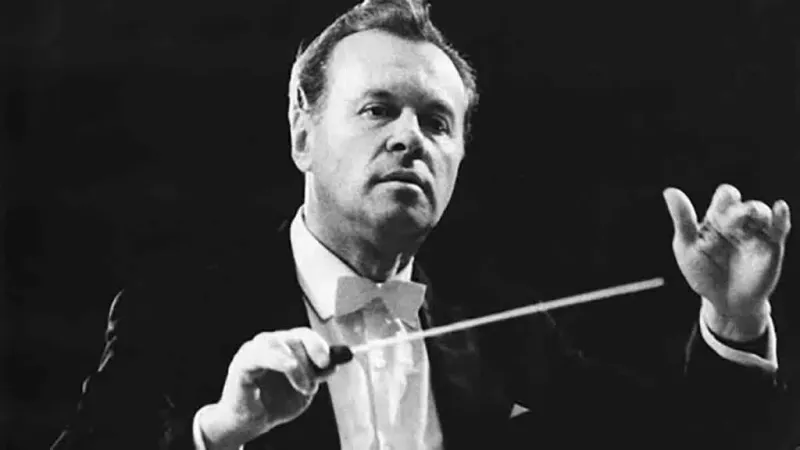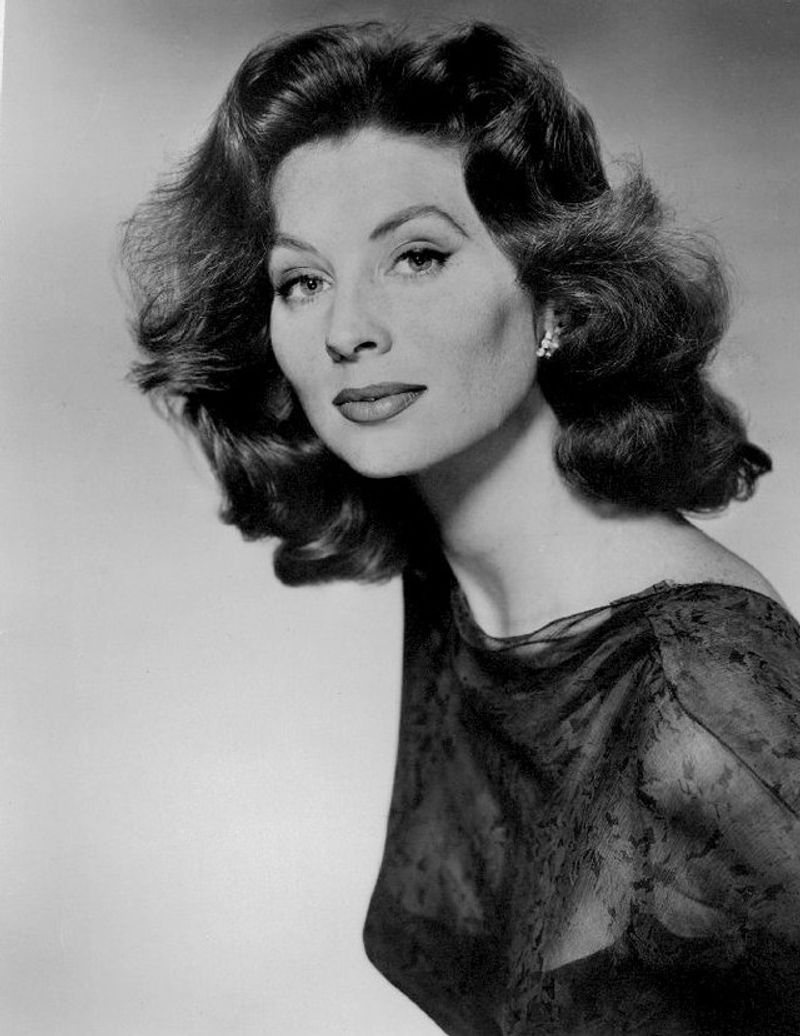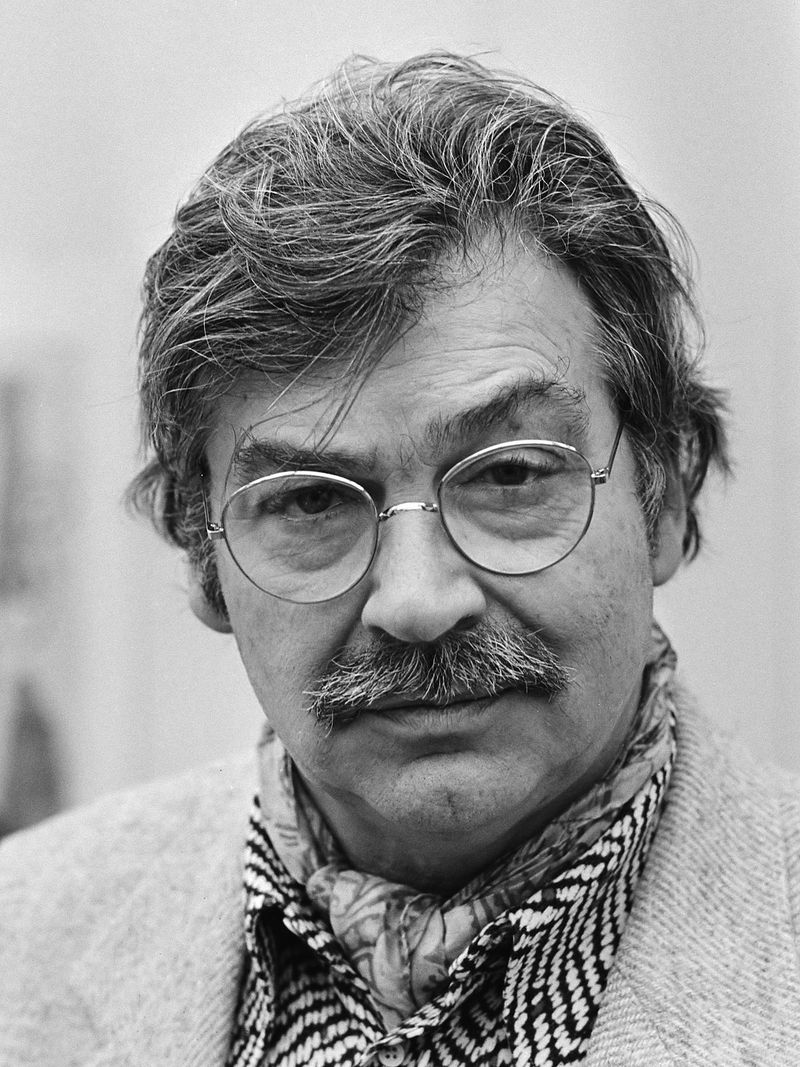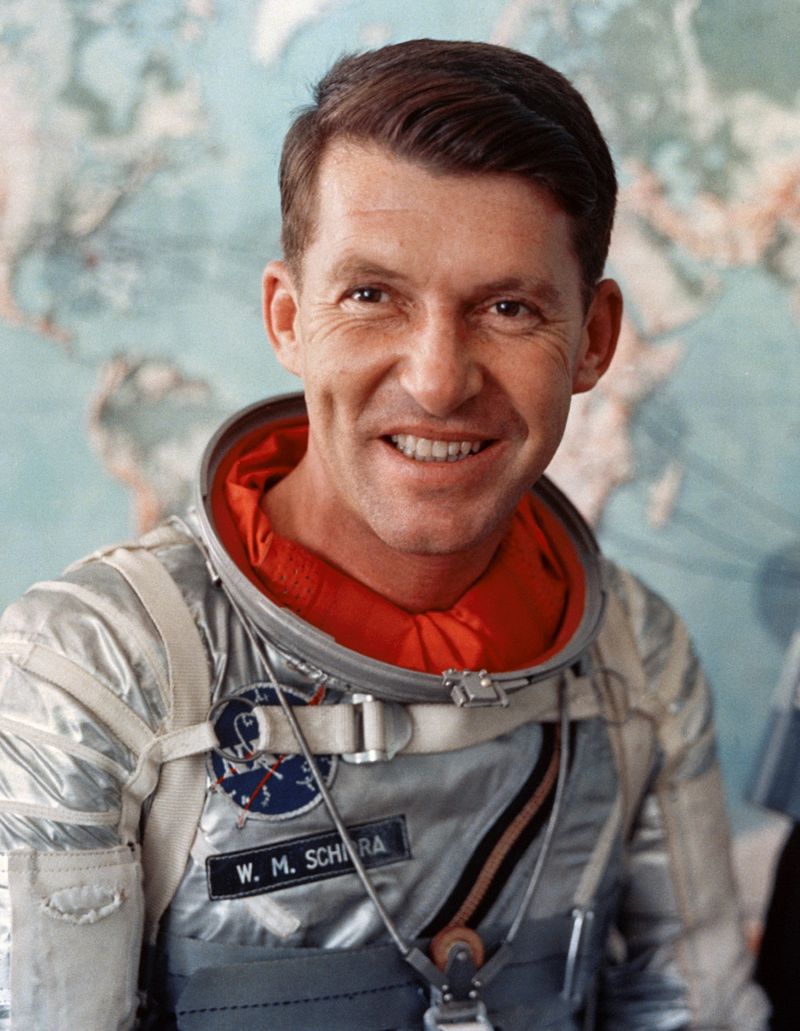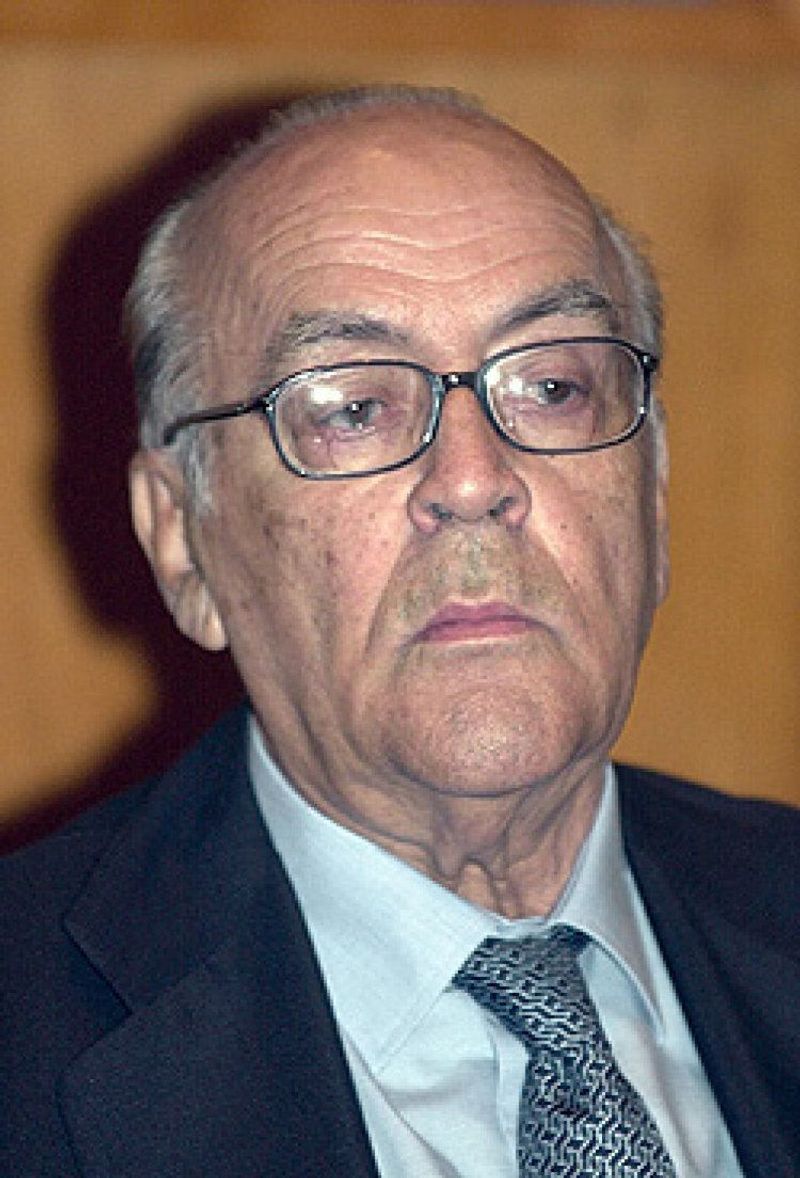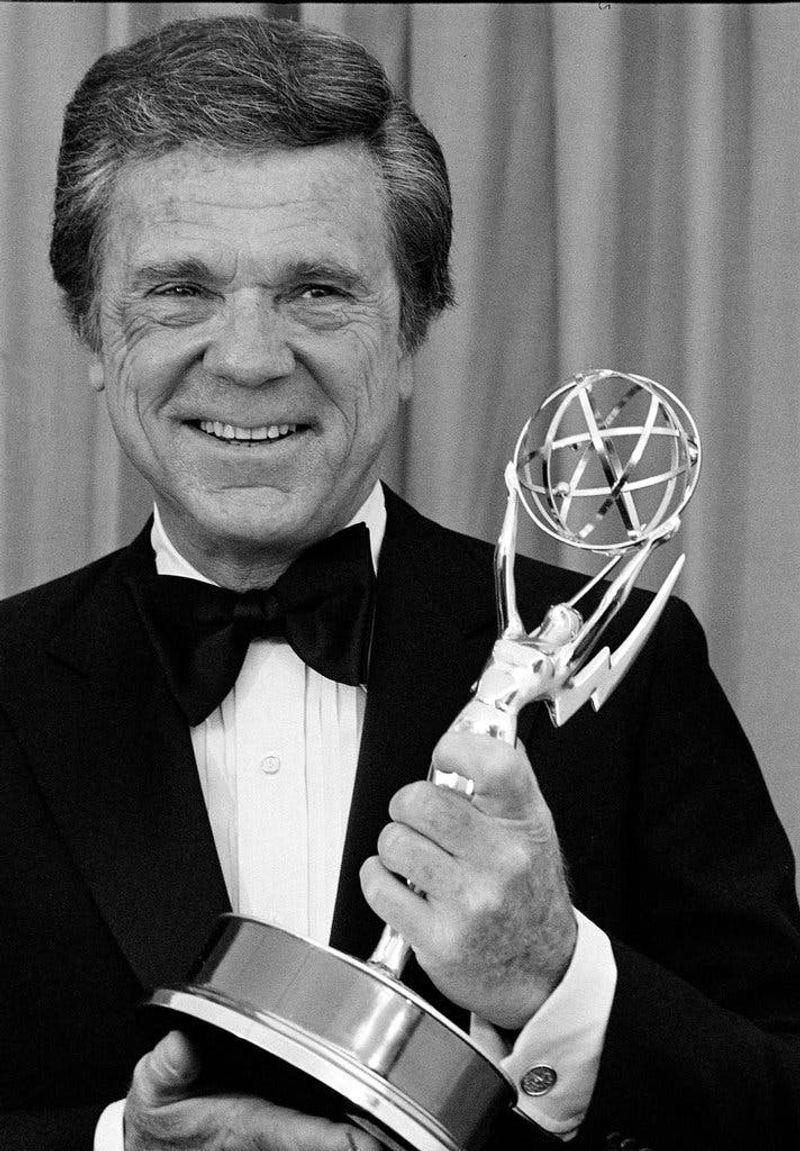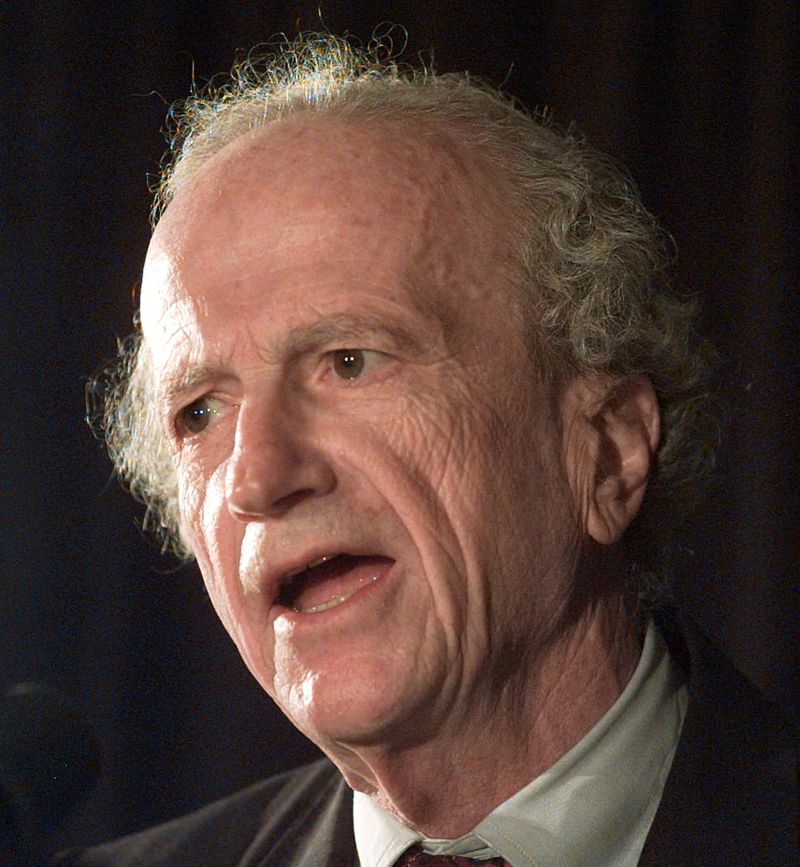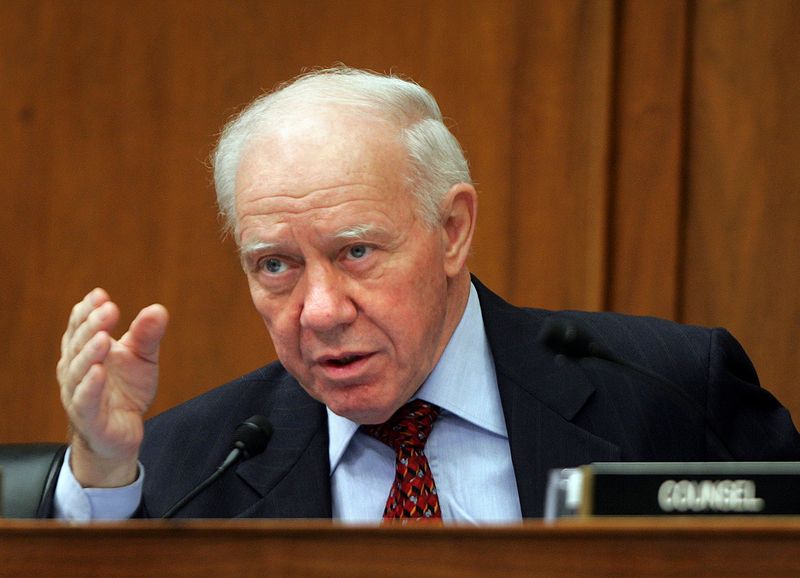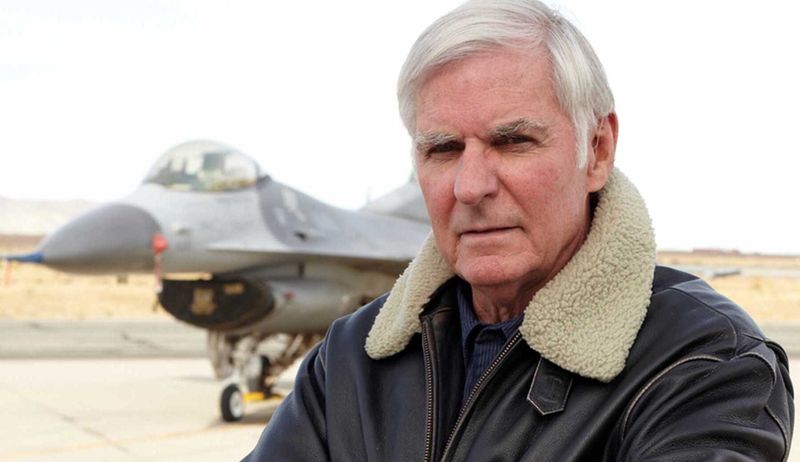Throughout history, many notable figures have left their mark before passing away on May 3. From influential monarchs to modern icons, each played a unique role in shaping their time. This comprehensive list explores 31 such figures, celebrating their lives and contributions.
1. Matilda of Boulogne, Queen of England – 1152
Queen Matilda of Boulogne, known for her unwavering support of her husband King Stephen during the Anarchy, was a formidable figure in 12th-century England. Her strategic mind and diplomatic skills were crucial in stabilizing the kingdom amidst civil war. Matilda’s influence extended beyond politics, as she was also known for her charitable works and patronage of monasteries. Her death in 1152 marked the end of an era, but her legacy lived on through her children, especially her son William. A devoted wife and mother, Matilda’s life was a testament to courage and resilience.
2. Béla IV, King of Hungary – 1270
King Béla IV of Hungary, often called the ‘second founder of Hungary,’ rebuilt the kingdom following the devastating Mongol invasion in the 13th century. His reign saw the reconstruction of towns, fortifications, and a strengthened military. Béla’s visionary leadership and resilience helped transform Hungary into a prosperous medieval state. Born in 1206, he ascended the throne in 1235, facing numerous challenges but always prioritizing the welfare and security of his people. His legacy as a reformer and protector of Hungary is celebrated to this day, long after his death in 1270.
3. Pope Alexander V, Roman Catholic Pope – 1410
Pope Alexander V’s short papacy was marked by his attempt to heal the Western Schism, a period of division within the Catholic Church. Elevated to pope in 1409, his election was intended to resolve ongoing disputes, yet it further complicated the situation by adding another claimant to the papacy. Despite this, Alexander V’s intentions were rooted in genuine reconciliation and unity. His background as a Franciscan friar reflected in his humility and dedication to peace. Though his papacy lasted less than a year, his efforts to bridge divides are remembered in church history.
4. Mehmed II, Ottoman Sultan – 1481
Sultan Mehmed II, renowned as ‘Mehmed the Conqueror,’ was instrumental in expanding the Ottoman Empire, most notably with the conquest of Constantinople in 1453. His strategic mind and ambitious vision transformed the city into a thriving capital, Istanbul. Mehmed’s reign was marked by cultural and architectural advancements, fostering a rich legacy of arts and education. Born in 1432, he ascended the throne at a young age, demonstrating remarkable leadership skills. His death in 1481 did not diminish his influence, as his accomplishments continued to shape the region’s history.
5. Richard Grey, 3rd Earl of Kent – 1524
Richard Grey, the 3rd Earl of Kent, was a noble figure in Tudor England, known for his loyalty to the crown and participation in the wars of the Roses. His lineage connected him to the powerful Plantagenet family, providing him with both influence and responsibility. Grey’s life was interwoven with the tumultuous politics of his time, reflecting the complexities of loyalty and power. Born into nobility, he navigated the shifting allegiances with skill and pragmatism. His death in 1524 marked the end of a notable career, yet his legacy persisted through his descendants.
6. Julius, Duke of Brunswick-Lüneburg – 1606
Duke Julius of Brunswick-Lüneburg was a prominent German noble known for his contributions to education and culture in his duchy. His reign from 1568 to 1589 saw significant advancements in the arts and sciences. Julius founded the University of Helmstedt, one of the leading institutions of higher learning in the region. His efforts to modernize his territories and promote intellectual growth left a lasting impact. Born in 1528, he was a patron of the arts and a proponent of religious tolerance. His death in 1606 marked the end of an era of cultural flourishing.
7. Henry Garnet, English Jesuit priest – 1606
Henry Garnet, an English Jesuit priest, became embroiled in the infamous Gunpowder Plot of 1605. Known for his intellect and eloquence, Garnet’s role as a spiritual advisor placed him at the center of political intrigue. Despite his lack of direct involvement, he was implicated and executed for his perceived knowledge of the plot. Born in 1555, Garnet’s life was marked by his steadfast faith and dedication to the Catholic cause in Protestant England. His trial and execution in 1606 highlighted the intense religious tensions of the era, leaving a complex legacy.
8. Heinrich Ignaz Franz Biber, Austrian composer – 1704
Heinrich Ignaz Franz Biber, a pioneering Austrian composer, was renowned for his innovative violin compositions during the Baroque period. His works, characterized by their technical complexity and emotional depth, influenced future generations of musicians. Born in 1644, Biber’s career flourished under the patronage of the Salzburg court, where he served as a leading musician. His legacy includes contributions to both sacred and secular music, with pieces still celebrated today. Biber’s death in 1704 marked the end of a vibrant musical journey, yet his influence resonates in classical music circles.
9. Pope Benedict XIV, Roman Catholic Pope – 1758
Pope Benedict XIV, known for his scholarly approach and reform-minded papacy, led the Catholic Church during a transformative period in the 18th century. His emphasis on dialogue with Enlightenment thinkers and efforts to reconcile science and faith were hallmarks of his leadership. Born Prospero Lorenzo Lambertini in 1675, he became pope in 1740, advocating for education and cultural engagement. Benedict XIV’s intellectual curiosity and commitment to church reform left a lasting impact. His death in 1758 concluded a papacy dedicated to bridging tradition and modernity, celebrated for its forward-thinking vision.
10. Thomas Hood, English poet – 1845
Thomas Hood, an English poet known for his wit and satirical verse, captured the spirit of early Victorian society through his writing. His humorous and poignant works, such as ‘The Song of the Shirt,’ highlighted social issues with empathy and insight. Born in 1799, Hood’s literary career spanned journalism, prose, and poetry, gaining acclaim for his distinctive style. His ability to blend humor with social commentary resonated with readers of all backgrounds. Hood’s death in 1845 marked the loss of a vibrant voice in English literature, yet his legacy endures through his enduring works.
11. Knut Wicksell, Swedish economist – 1926
Knut Wicksell, a Swedish economist, profoundly influenced economic theory with his groundbreaking work on interest rates and monetary policy. His theories on the cumulative process and the natural rate of interest reshaped economic thought in the early 20th century. Born in 1851, Wicksell’s academic journey was marked by a commitment to understanding complex economic dynamics. His lectures and writings inspired generations of economists, including influential thinkers like John Maynard Keynes. Wicksell’s death in 1926 left a legacy of intellectual rigor and innovative ideas, still relevant in contemporary economic discourse.
12. Charles Fort, American writer and researcher – 1932
Charles Fort, an American writer, is best known for his explorations of the unexplained and the paranormal. His work compiled odd and mysterious phenomena, challenging conventional scientific explanations. Born in 1874, Fort’s keen curiosity led him to investigate a wide range of unusual events, documented in books like ‘The Book of the Damned.’ His legacy lies in his ability to provoke thought and question established scientific norms. Fort’s death in 1932 marked the end of a unique literary journey, yet his influence continues to inspire curiosity and skepticism about the world around us.
13. Wilhelm Groener, German general and politician – 1939
Wilhelm Groener, a German general and statesman, played a crucial role during the turbulent years of the Weimar Republic. His leadership during World War I and subsequent political career shaped modern German history. Born in 1867, Groener’s military expertise and pragmatic approach to politics earned him respect across party lines. As Minister of Defence, he helped stabilize post-war Germany, advocating for a democratic government. His death in 1939 marked the loss of a significant figure in German history, yet his legacy of service and reform continues to be remembered.
14. Patrick Pearse, Irish teacher and revolutionary – 1916
Patrick Pearse, an influential Irish teacher and revolutionary, played a pivotal role in the Easter Rising of 1916. His passionate advocacy for Irish independence and cultural revival inspired many to join the cause. Born in 1879, Pearse’s commitment to education and nationalism was evident through his involvement in founding St. Enda’s School. His writings and speeches articulated a vision of an independent Ireland, free from British rule. Pearse’s execution following the uprising marked a turning point in Irish history, cementing his status as a martyr for the cause of Irish freedom.
15. Adolphe Adam, French composer – 1856
Adolphe Adam, a prolific French composer, is best known for his ballets and operas, including the famous ‘Giselle’ and the Christmas carol ‘O Holy Night.’ His melodic compositions captivated audiences and contributed significantly to the Romantic music era. Born in 1803, Adam’s career spanned numerous genres, showcasing his versatility and artistic flair. His ability to craft memorable melodies endeared him to audiences and performers alike. Adam’s death in 1856 marked the end of a vibrant musical journey, yet his works continue to enchant listeners and performers around the world.
16. Jack Weston, American actor – 1996
Jack Weston, a seasoned American actor, was celebrated for his diverse roles in film, television, and theater. His talent for both comedic and dramatic performances made him a beloved figure in entertainment. Born in 1924, Weston’s career included standout roles in productions like ‘The Four Seasons’ and ‘Wait Until Dark.’ His ability to bring characters to life with authenticity and humor earned him acclaim from audiences and peers alike. Weston’s death in 1996 marked the loss of a versatile performer, but his legacy lives on through his memorable performances.
17. Gene Raymond, American actor – 1998
Gene Raymond, a versatile American actor, left a lasting impression on Hollywood’s golden age with his charming on-screen presence. Known for roles in films like ‘Flying Down to Rio,’ Raymond’s talent extended beyond acting to songwriting and directing. Born in 1908, his career spanned decades, earning him recognition for both his artistry and professionalism. Raymond’s collaborations with stars like Fred Astaire and Ginger Rogers highlighted his ability to captivate audiences. His death in 1998 marked the end of an era, yet his contributions to cinema continue to be celebrated and cherished.
18. Joe Adcock, American baseball player – 1999
Joe Adcock, a formidable American baseball player, is remembered for his powerful hitting and impressive career in Major League Baseball. Known for his time with the Milwaukee Braves, Adcock’s feats on the field included a record-setting four-home-run game. Born in 1927, his talent and dedication made him a key player in the team’s successes during the 1950s and 1960s. Adcock’s contributions to the sport were marked by his consistent performance and sportsmanship. His death in 1999 marked the passing of a baseball legend, but his legacy lives on through his remarkable achievements.
19. Steve Chiasson, Canadian ice hockey player – 1999
Steve Chiasson, a talented Canadian ice hockey player, was known for his skillful defense and leadership on the ice. His career in the National Hockey League spanned over a decade, with significant contributions to teams like the Detroit Red Wings and Calgary Flames. Born in 1967, Chiasson’s passion for the sport was evident in his dedication and sportsmanship. His untimely death in 1999 shocked the hockey community, but his legacy as a respected player and teammate endures. Chiasson’s impact on the ice remains an inspiration to aspiring athletes.
20. Godfrey Evans, English cricketer – 1999
Godfrey Evans, a legendary English cricketer, was renowned for his exceptional wicketkeeping skills and dynamic play. His career with the England national team spanned over two decades, setting records and earning accolades. Born in 1920, Evans’ athletic prowess and charisma on the field captivated fans worldwide. His contributions to cricket extended beyond his playing days, influencing future generations of cricketers. Evans’ death in 1999 marked the end of an illustrious career, yet his legacy as one of England’s finest cricketers endures in the annals of sports history.
21. Barbara Castle, British politician – 2002
Barbara Castle, a formidable British politician, was known for her trailblazing career in the Labour Party and her dedication to social reform. As one of the longest-serving female MPs, her influence on British politics was profound. Born in 1910, Castle championed causes such as equal pay and transport safety, leaving a lasting impact on legislation. Her passionate advocacy and strong leadership were hallmarks of her political life. Castle’s death in 2002 marked the end of a significant era in British politics, but her legacy of progress and equality continues to inspire.
22. Yevgeny Svetlanov, Russian conductor – 2002
Yevgeny Svetlanov, a distinguished Russian conductor, was celebrated for his mastery in interpreting Russian classical music. His leadership of the USSR State Symphony Orchestra brought Russian compositions to a global audience. Born in 1928, Svetlanov’s passion for music was evident in his dynamic conducting style and dedication to his craft. His recordings and performances remain a testament to his artistic excellence. Svetlanov’s death in 2002 marked the end of an illustrious career, yet his influence on the world of classical music continues to resonate with audiences and musicians alike.
23. Suzy Parker, American model and actress – 2003
Suzy Parker, an iconic American model and actress, was a trailblazer in the fashion industry during the 1950s and 1960s. Her striking beauty and charisma made her a favorite of leading designers and photographers. Born in 1932, Parker’s career extended beyond modeling to include acting roles in films and television. Her influence on fashion and pop culture was profound, setting standards for elegance and style. Parker’s death in 2003 marked the end of a glamorous era, but her legacy as a fashion icon endures, inspiring models and fashion enthusiasts worldwide.
24. Karel Appel, Dutch painter and sculptor – 2006
Karel Appel, a pioneering Dutch painter and sculptor, was a leading figure in the avant-garde art movement known as CoBrA. His vibrant and expressive works challenged conventional artistic norms, leaving a lasting impact on contemporary art. Born in 1921, Appel’s creativity and bold approach to art set him apart, earning international recognition. His contributions to painting and sculpture are celebrated for their innovation and emotional intensity. Appel’s death in 2006 marked the end of a dynamic artistic journey, yet his influence on modern art continues to inspire artists worldwide.
25. Earl Woods, American baseball player and father of Tiger Woods – 2006
Earl Woods, known as the father of golf legend Tiger Woods, had a notable career as a baseball player and later, a dedicated mentor to his son. Born in 1932, Woods’ influence extended beyond sports, as he instilled values of discipline and perseverance in Tiger. His own athletic pursuits in baseball were marked by talent and determination. Earl Woods’ legacy is intertwined with his son’s success, highlighting the importance of guidance and support. His death in 2006 marked the end of a life dedicated to sports and family, leaving a lasting impact on Tiger’s remarkable career.
26. Wally Schirra, American astronaut – 2007
Wally Schirra, an American astronaut, was celebrated for his pioneering role in NASA’s Mercury, Gemini, and Apollo missions. His distinguished career as an engineer and pilot contributed significantly to space exploration. Born in 1923, Schirra’s accomplishments included being the only astronaut to fly in all three of NASA’s first space programs. His expertise and leadership were instrumental in advancing human spaceflight. Schirra’s death in 2007 marked the loss of a true space pioneer, yet his legacy continues to inspire future generations of astronauts and space enthusiasts.
27. Leopoldo Calvo-Sotelo, Spanish Prime Minister – 2008
Leopoldo Calvo-Sotelo, a prominent Spanish politician, served as Prime Minister during a pivotal period of Spain’s transition to democracy. His leadership from 1981 to 1982 was marked by efforts to stabilize the political landscape and foster economic growth. Born in 1926, Calvo-Sotelo’s commitment to democratic principles and European integration left a lasting impact on Spanish politics. His contributions to modernizing Spain’s economy and institutions were significant. Calvo-Sotelo’s death in 2008 marked the end of a distinguished political career, yet his legacy as a statesman endures, shaping Spain’s democratic path.
28. Jackie Cooper, American actor – 2011
Jackie Cooper, an American actor, was cherished for his contributions to both child acting and adult performances in Hollywood. Rising to fame as a child star in the ‘Our Gang’ series, his talent and charisma captivated audiences. Born in 1922, Cooper transitioned successfully into adult roles, earning acclaim for performances in films like ‘The Champ’ and ‘Superman.’ His career spanned decades, showcasing his versatility and dedication to the craft. Cooper’s death in 2011 marked the end of an era, yet his legacy in cinema remains influential, inspiring actors across generations.
29. Gary Becker, American economist and Nobel laureate – 2014
Gary Becker, an influential American economist, revolutionized the field with his groundbreaking analysis of human behavior. Awarded the Nobel Prize in Economic Sciences in 1992, his work extended economic theory to areas like education, crime, and family dynamics. Born in 1930, Becker’s innovative approach emphasized the economic impact of individual choices and social issues. His research reshaped how economists view human actions and societal trends. Becker’s death in 2014 marked the loss of an intellectual giant, yet his pioneering contributions continue to guide and inspire economic thought and policy.
30. Jim Oberstar, American politician – 2014
Jim Oberstar, a dedicated American politician, was known for his extensive work in transportation policy and infrastructure development. Serving in the U.S. House of Representatives for over three decades, Oberstar championed key legislation to improve transportation systems. Born in 1934, his commitment to public service and expertise in infrastructure earned him respect across party lines. Oberstar’s efforts in enhancing transportation safety and efficiency left a lasting legacy. His death in 2014 marked the end of a distinguished career, yet his impact on American transportation policy continues to be felt.
31. Dick Rutan, American aviator – 2024
Dick Rutan, a pioneering American aviator, is celebrated for his contributions to aviation history, including the record-setting non-stop flight around the world in the Voyager aircraft. Born in 1938, Rutan’s innovative spirit and dedication to flight exploration showcased his adventurous nature. His achievements in aviation pushed the boundaries of what was possible, inspiring future generations of pilots. Rutan’s legacy as a trailblazer in aviation continues to be honored, highlighting the importance of innovation and perseverance. His death in 2024 marked the end of an extraordinary journey, yet his impact endures.
